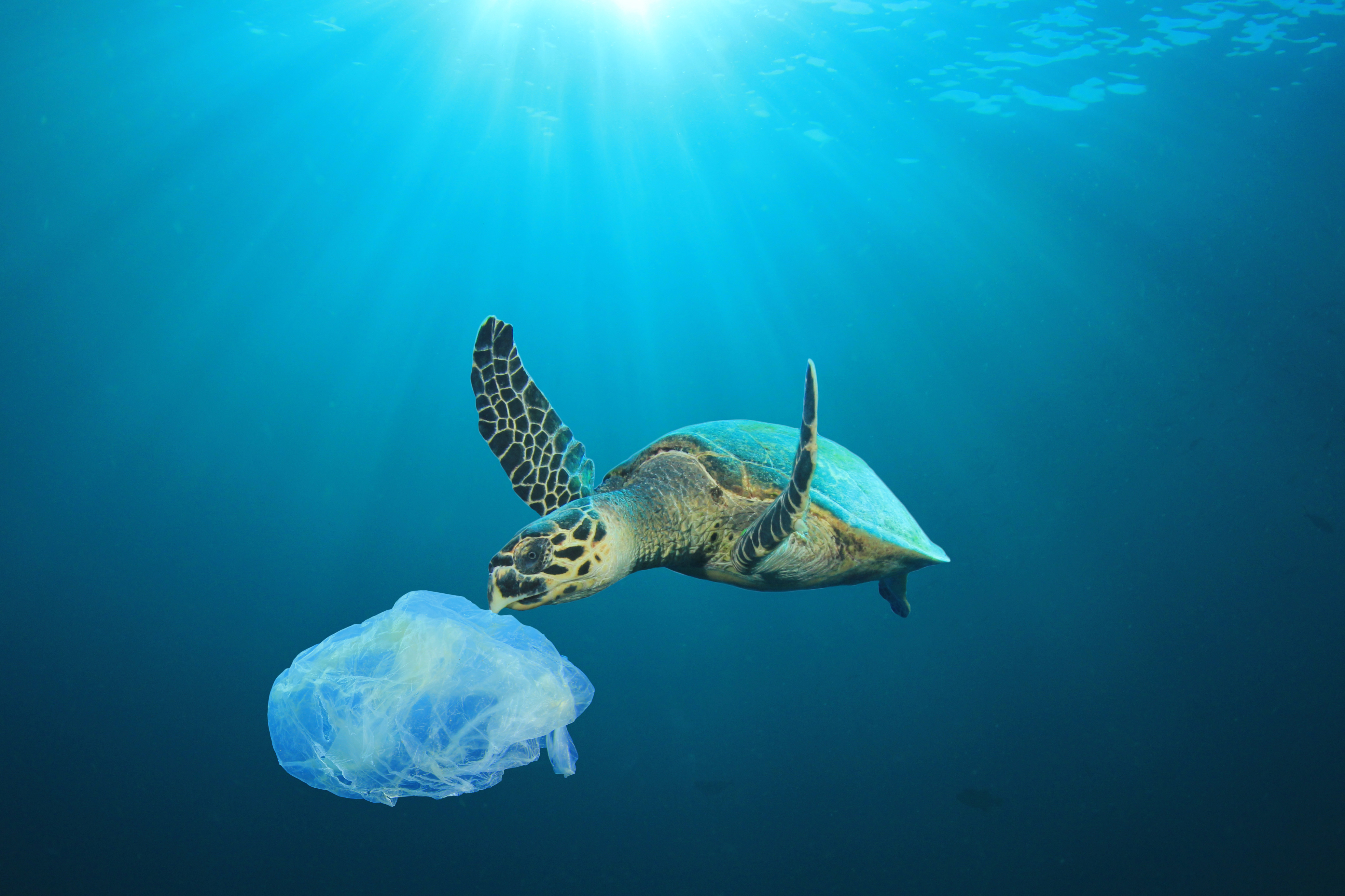Let’s take 2021 – and especially Earth Day -- to be thankful for the magnificence of the natural world around us. Let's celebrate the forests filled with life, the vernal pools chirping with the sound of spring peepers, and the oceans teeming with pods of dolphins. During the past year, with people spending more time at home and outdoors due to the COVID-19 pandemic, we should be more appreciative than ever for its existence … and more interested than ever in its preservation.

For us, at least, our gratitude springs from a place of humility and shared responsibility for the harm that humans have visited upon this Planet.
Our negative impacts are numerous:
· A landmark study published in 2019 revealed that more than one million animal and plant species are in danger of extinction, some within the next few decades. These rates are accelerating. The loss of even one species can have devastating impacts on an ecosystem. Biodiversity and ecosystem loss are existential threats. We all need drinkable water, clean air, vibrant forests, and healthy oceans to survive. We jeopardize all of those resources as biodiversity declines. Even putting aside our reliance upon air and water, the loss of a species is a loss of incalculable worth. Each species has inherent value, independent of what it provides for us.

· Since 1990, an estimated 420 million hectares of forest have been lost through conversion to other land uses. Between 2015 and 2020, the rate of deforestation was estimated at 10 million hectares per year. Although this rate is down from 16 million hectares per year in the 1990s, it still plays a significant role in the displacement of wildlife. Forests are also important weapons in the growing climate change crisis because they help capture carbon in the atmosphere. We need them now more than ever.
· Climate change is worsened by our global dependence reliance upon the combustion of fossil fuels. Transportation, electricity production, agriculture, industrial production, and personal residential contributions all add to the rising emission trends. Our use contributes to environmental pollution, which impacts not only our own health, but also that of all animals and plants.

· Oil spills, like the April 20, 2010 Deepwater Horizon disaster, also imperil wildlife and the rest of creation. This leak and subsequent explosion killed 11 people, and spilled over 134 million gallons of oil into the ocean before it was capped three months later (that amount translates to roughly 300 Olympic-sized swimming pools). This tragedy was the largest marine oil catastrophe in US history; restoration is ongoing.

· Oceans are not only contaminated with oils from spills or leaks, but also with plastics and refuse that have migrated into marine waters. The Great Pacific garbage patch (also known as the Pacific trash vortex) is a gyre of marine debris in the central North Pacific Ocean. This floating trash collection is approximately the size of Russia. Ocean plastics, particularly as they break down into smaller particles, end up in the stomachs of many marine species including birds, turtles, and fish, and even mammals like dolphins and whales. Marine birds and animals also become entangled in ocean debris.

Our Planet is in peril. Humans are largely responsible. But there is hope. Our collective mindsets are starting to change. We're seeing the emergence of increasingly creative approaches to environmental problems. Some of these solutions are driven by human innovation, and some are part of the Earth’s restorative processes.
· Have you heard about bioremediation? Bioremediation is the use of either naturally occurring or introduced microorganisms to consume and break down environmental pollutants. Scientists actually used fungi and bacteria to help break down oil from the Deepwater Horizon disaster. It may take some time -- months or even years -- but these naturally occurring or cultivated microscopic critters have helped break down organic compounds (like oils) for their entire existence.
· Let’s talk about reforestation! Many people admittedly know that deforestation is a problem, but let’s talk more about the wide-scale replanting of trees. Many people are engaged in this process – perhaps it’s your calling, too? For some examples search here. We can plant trees to help filter wetlands, stabilize banks from erosion, and provide more habitats for displaced wildlife. Trees act as a carbon sink as well.
· We’re particularly interested in some (perhaps divinely inspired?) novel solutions…enter the Ocean Cleanup Array, a network of floating barriers that is used to collect large amounts of ocean debris. The system was invented by Boyan Slat at the age of 16. If you’re passionate about an aspect of the environment or the natural world, consider forming a new non-profit to address a specific angle. There are a growing number of organizations that were formed by concerned citizens, such as The Ocean Cleanup and 4 Ocean, both of which are dedicated to the elimination of ocean plastics.
These, and other organizations, need your help. Some have citizen action projects designed to ease you in:

We’ve caused an immense amount of damage to the Planet. That’s a fact. But it’s also true that we can do better. As humans, we possess moral accountability, which means that we can recognize our responsibility to sustainably steward the earth, acknowledge our wrongs, and act differently going forward. We can problem solve. Innovate. Rectify wrongs.
We can also express gratitude in tangible ways.
How will you express yours?
